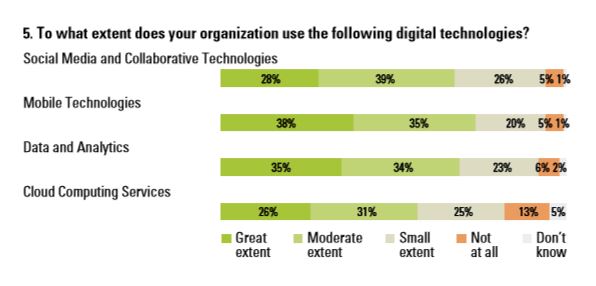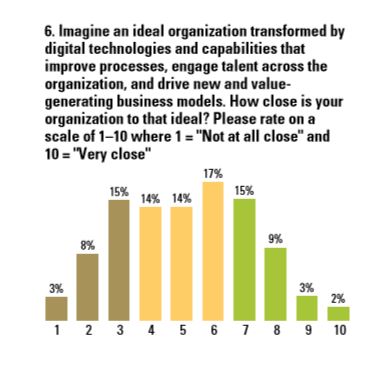
Photo by Clément H on Unsplash
Chief Information Officer (CIO) is a job title usually given to the senior executive responsible for the information technology and computer systems in a given enterprise. As a high-ranking executive, the CIO reports to the chief executive officer (CEO), chief operating officer (COO) and / or the chief financial officer (CFO).
You can find this role in any business that makes extensive use of technology. Not too long ago, this person was regarded as a geek in-chief – someone with a broad IT skillset who also knows a thing or two about business. Today, it’s the other way around.
‘Coding not required’
In a survey conduced by MIT, Dr. John Halamka, chief information officer of the Boston health care provider Beth Israel Deaconess Medical Center stresses that when he was a CIO in 1997, he used to write code. The emphasis of his job today is “knowing the business, creating strategy and influencing the organization,” according to the report.
David Mathison corroborates that claim. Mathison is the founder of the CDO Club, a professional community of digital officers. He too has experienced the transition from head geek to businessman.
“The technical part of a chief digital officer’s job is becoming less and less important. Hitting the ground running and building digitally enabled businesses are becoming much more critical,” he says.
A manager of IT resources
Whereas the CIO of the ’90s would be required to know his transistors, today CIOs are mainly needed for the management of IT resources and for the planning of information and communications technologies (ICT). This includes things like budgeting, resourcing, policy and practice development, and even training.
More and more firms responding in surveys like the one conducted by MIT admit that their CIOs are becoming directly responsible for increasing profits through proper implementation of ICT frameworks. Adjacent duties include reducing expenditure and limiting damage through controls and planning.
This change is strongly correlated with the increased importance of digital investments in business. 60% of the hundreds of companies polled by MIT strongly agree that digital technologies have the potential to fundamentally transform the way people in their organization work.
Well over a third make strong use of mobility, data & analytics, and more than a quarter employ cloud services (SaaS, IaaS, PaaS, Unified Communications / UcaaS, etc). Another third make use of these technologies “moderately.” Finally, around 15% consider digital transformation the key to improving processes, engaging talent across the organization, and driving new and value-generating business models. In this respect, 2% believe their company is the “ideal” environment to work in.



Post A Reply